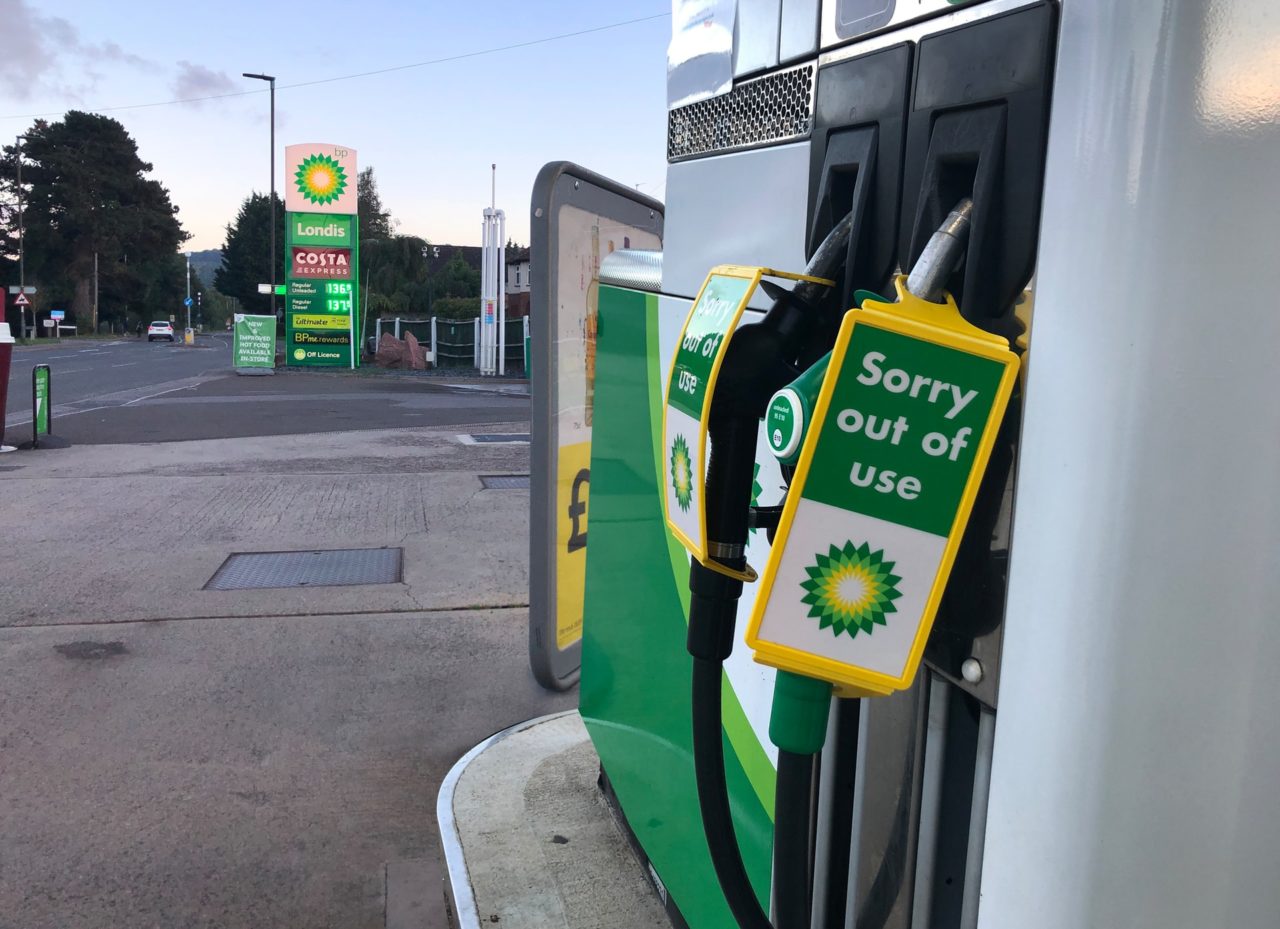
If you’ve heard the buzz lately, you probably know that petrol is changing from E5 to E10. But you might not know what that means, how it affects you (and your classic car) and what you can do about it. We’ll share more information, resources to help you check your vehicles’ compatibility and explore the effect this change will have on older models.
According to GOV.UK, “E10 petrol contains up to 10% renewable ethanol, which will help to reduce carbon dioxide (CO2) emissions associated with petrol vehicles and tackle climate change. Petrol in the UK currently contains up to 5% renewable ethanol (known as E5). E10 petrol is already widely used around the world, including across Europe, the US and Australia. It has also been the reference fuel against which new cars are tested for emissions and performance since 2016.” So, the difference between the two is how much concentration of renewable ethanol it contains. If your car was made before 2002, it might not be compatible - which is an issue for classic cars. And if you have a diesel-powered vehicle, you won’t be impacted by this change at all.
Climate change is a huge problem and the UK is trying to do everything it can to reduce emissions. And E10 fuel has less CO2 output. By making this change, it’s expected we can save 750,000 tonnes of emissions a year. In addition to climate change, it has some impacts on performance. According to E10 Info, “Ethanol has benefits for engine performance, including by boosting the octane rating when blended with petrol, allowing the development of more efficient engines. While drivers may notice a slight increase (1-2%) in fuel consumption with the use of E10, this is minor compared to other factors such as vehicle maintenance or driving style.” Plus, the ethanol made from ePURE members puts investment back into the pockets of European farmers, strengthening agriculture on the continent.
It’s already happened in most of the UK. According to GOV.UK, “E10 is becoming the standard petrol grade in Great Britain, meaning E10 petrol will be available at almost all petrol stations across England, Scotland and Wales. In Northern Ireland, we expect the introduction to happen in early 2022, subject to legislative approval.” If the petrol station has a range of petrol, you will see E10 (95 octane) and E5 (97+ octane) petrol. And rural stations may only have one or the other. Eventually, you will not be able to get E5 any longer. This change was supposed to be complete by summer 2021 and has simply been impacted by the pandemic.
Classic cars were all made long before E10 came into the picture. And they’re not made for it. Ethanol can have a corrosive effect on metal, plastic and rubber parts in the fuel system. While modern cars are tested to withstand this added ethanol now, classic cars were not. Damage caused by E10 in a classic car engine could look like blocked fuel filters, damaged fuel pumps, degradation to flexible fuel hoses or corroded carburettors and fuel tanks. And since ethanol is hygroscopic, it tends to absorb water. So, there’s an increased risk of rust throughout the system. And any of these issues could cause your car to sputter, stutter and just not drive as well as it should. If you’re worried you’ve already put E10 in an old car that shouldn’t have it, just top it up with E5 when you can and try not to repeat the mistake.
According to Leader Live, “Twenty-four per cent of drivers were unaware that a new type of petrol had been introduced at forecourts from September 1. Research from breakdown group the RAC found many drivers did not know the fuel was coming, while 27 per cent have not looked into whether their vehicle is compatible.” And according to I News, “there are some vehicles which are not compatible with E10 fuel. These tend to be vehicles made in the early 2000s, as well as classic cars and some lower-powered mopeds. Estimates suggest between 600,000 and 700,000 older vehicles will not be able to use E10.” Most cars made before 2002 should not be run on E10 fuel. You can check your car here on the government website. And they state that if you're still not sure, you should check the owner manual, talk to the manufacturer or your dealer or look inside your fuel filler cap for details.
If your car cannot run on E10, you can still get E5 (97+ octane) petrol at larger forecourts at a higher price than what you’re used to. Some rural, out of the way or small forecourts may have the old E5 fuel for another few years and you could seek it out that way. But the best advice is to talk to your dealer or a classic car repair shop about how this change is going to impact your car long term. They will likely suggest you renew any old parts that will be affected by this fuel type change with quality parts that are up to scratch.
Before you panic and list your classic car up for sale, be assured that you can still get E5 fuel. It’s just going to be more expensive and you’ll need to plan ahead when heading into rural areas. If you do put the wrong fuel in, just put the right one in when the level allows and try not to do that too much. And if you’re really worried about the long-term effects of E10 on your classic car engine, you can swap out parts that are likely to bear the brunt of the impact. We are happy to advise you on how E10 will affect your specific make and model, so reach out to our helpful team today.